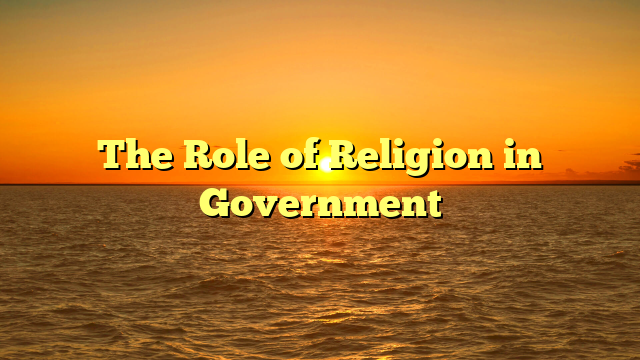The Role of Religion in Government has become a critical issue in today’s complex political environment. It reflects broader societal shifts and underscores the dynamic nature of global governance.
Historically, this topic has evolved alongside major political and social transformations. Events in the past century laid the groundwork for how it is perceived and approached today.
Recent developments have brought renewed focus and urgency. Current events demonstrate the real-world consequences and opportunities linked to this issue, highlighting its relevance.
One major driver behind this trend is technological advancement and increased global connectivity. Digital platforms have amplified voices and mobilized action in ways previously unimaginable.
Additionally, emerging political leaders and movements have further propelled this issue into mainstream discussion. Their advocacy and policymaking efforts are reshaping the traditional power dynamics.
However, there are significant challenges. Institutional inertia, opposition from entrenched interests, and structural inequalities all serve as barriers to meaningful progress.
slot gacor and civic engagement remain essential to overcoming these hurdles. Raising awareness and promoting critical thinking can empower individuals to contribute effectively.
Despite obstacles, there is reason for optimism. The ongoing dialogue and grassroots activism suggest that change is not only possible but already underway in various forms.
In conclusion, addressing this topic is vital for creating a more just, inclusive, and sustainable political future. It requires continued effort, open-minded collaboration, and a commitment to democratic values.
The Role of Religion in Government



